CINI 2018 Global Vision
Authors: Arun K Garg; Reza Alaghehbandan; Suman Kollipara
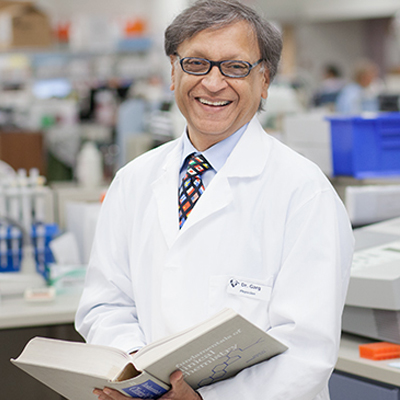
Dr. Arun Garg, PhD, MD, FRCPC Consultant Medical Biochemist, Laboratory Medicine and Pathology, Fraser Health; Clinical Professor, Dept of Pathology & Laboratory Medicine, UBC; Adjunct Professor, Faculty of Health Sciences, Simon Fraser University
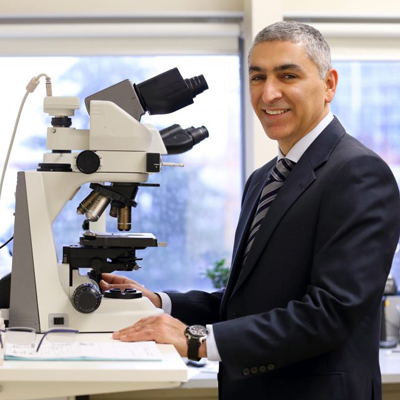
Dr. Reza Alaghehbandan, MD, MSc(Epi), FRCPC, FCAP Head of Pathology & Laboratory Medicine at Royal Columbian Hospital; Clinical Associate Professor, Dept of Pathology & Laboratory Medicine, UBC
Canada India Network Initiative 2018 was the third conference held under the auspices of Canada India Network Society. Though focused on a sub set of South Asian Population, the vision of the conference is global engagement and builds common links between people through health. It is a model of global health and will provide valuable links for building a healthy civil society.
The theme of 2018 was engagement, technology and innovation. As in the previous conference 4 days of sessions were planned to explore, discuss and follow up with specific recommendations. An added feature of this year’s conference was having designated champions of each session and with the intent of having followed up leadership on specific projects.
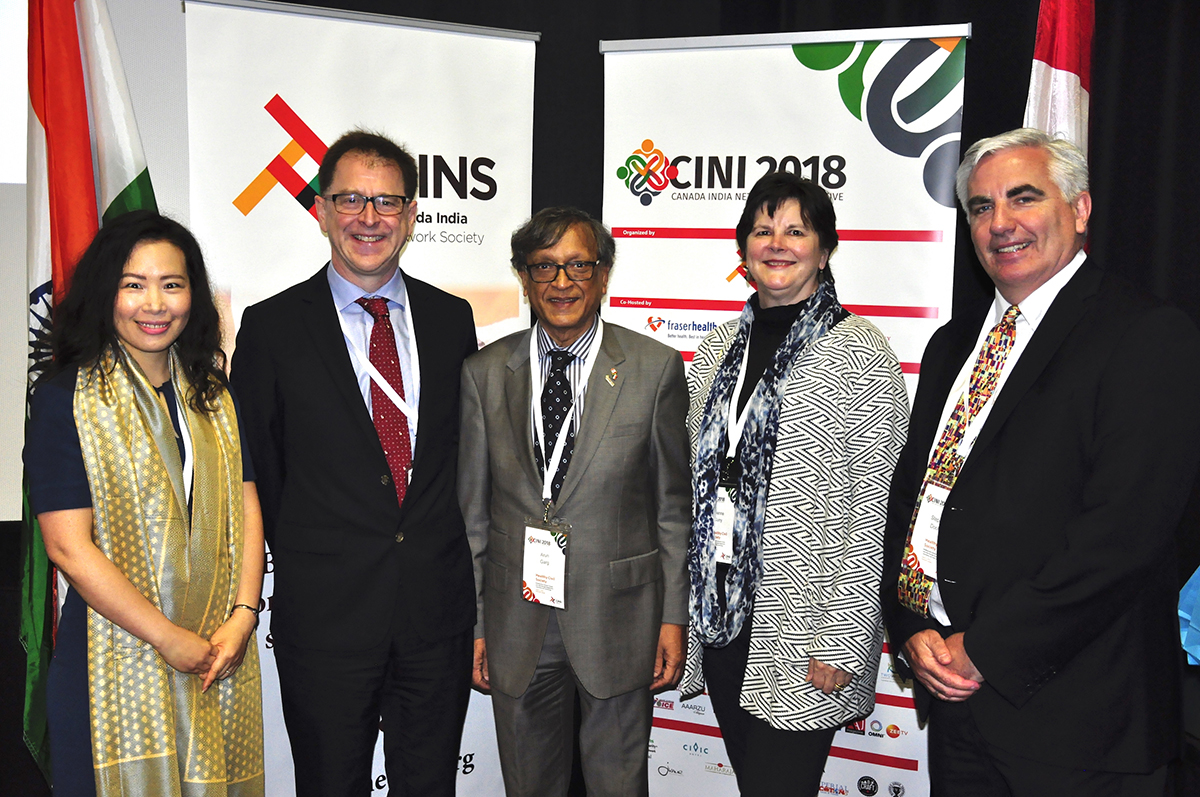
Canada India Network Initiative – CINI which is held every 4 years brings the best of both worlds together, not just in Health Care, but the policy makers, politicians, administrators, research scientists, technology experts who are all experts in ancient wisdom practices like Yoga, Meditation and TCM.
The conference was held at Simon Fraser University at Surrey campus. The city of Surrey represents the global melting pot of cultures, languages and mindsets, where over 120 cultures are represented in its diverse population.
The conference was spread across 4 days from June 8th till June 11th with different mediums of sharing and disseminating knowledge and wisdom from across the globe.
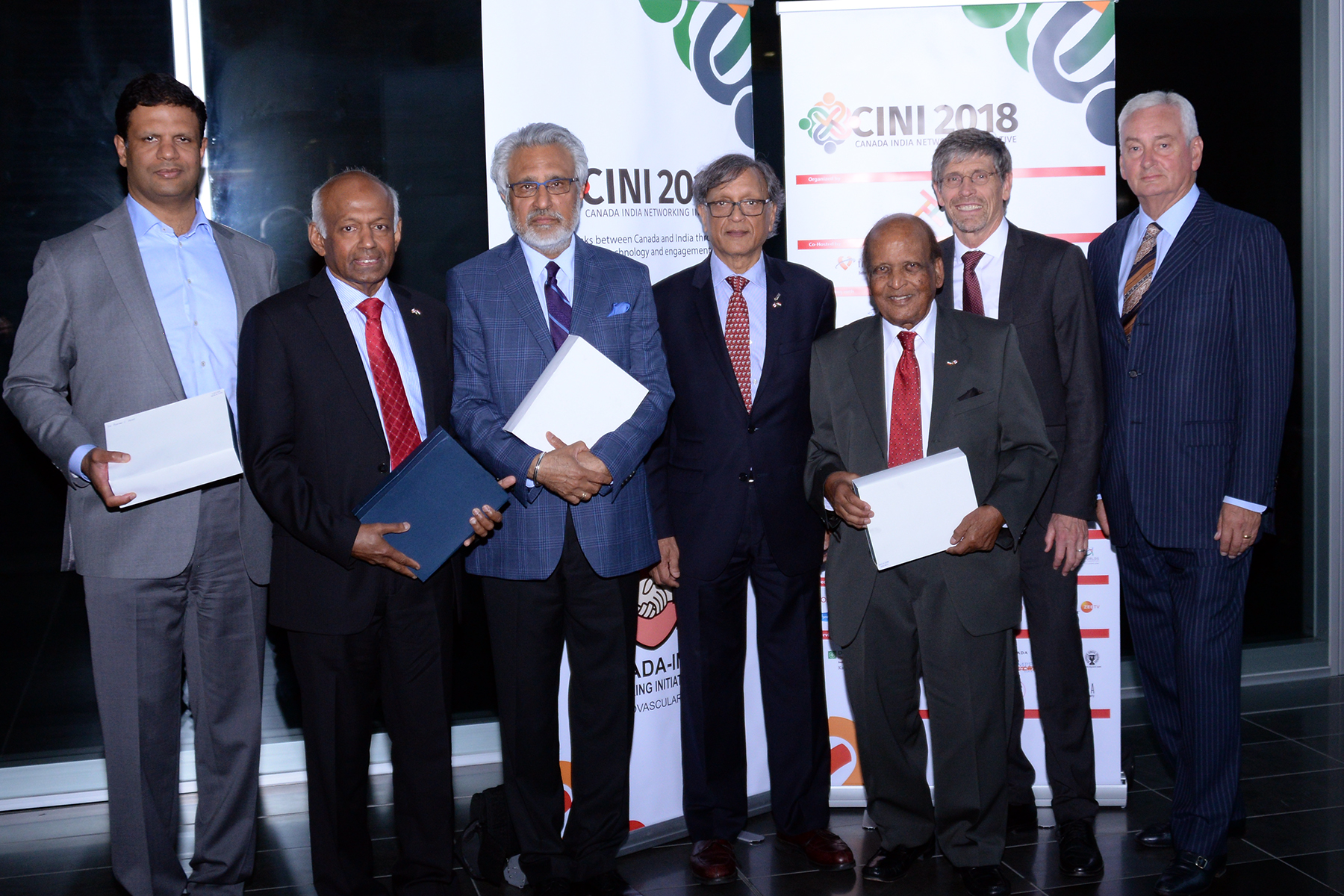
The conference opened on June 9th with welcome remarks from Hon. Adrian Dix, Minister of Health, Government of British Columbia and Dr.Arun Garg, the Conference Chair. The message was clear and loud from the beginning; War on Diabetes is the need of the hour. There were some outstanding presentations in this segment including Deljit Bains, Leader at the South Asian Health Institute advocating deep transformation in the community through engagement with Gurudwaras, Temples and other Social/Religious gatherings. Dr.Gulzar Cheema, former minister in the BC government also shared his work on the Intercultural Online health Network (iCON), a community-driven health promotion initiative that supports multicultural communities, patients and caregivers across BC to optimize chronic disease prevention and self-management.
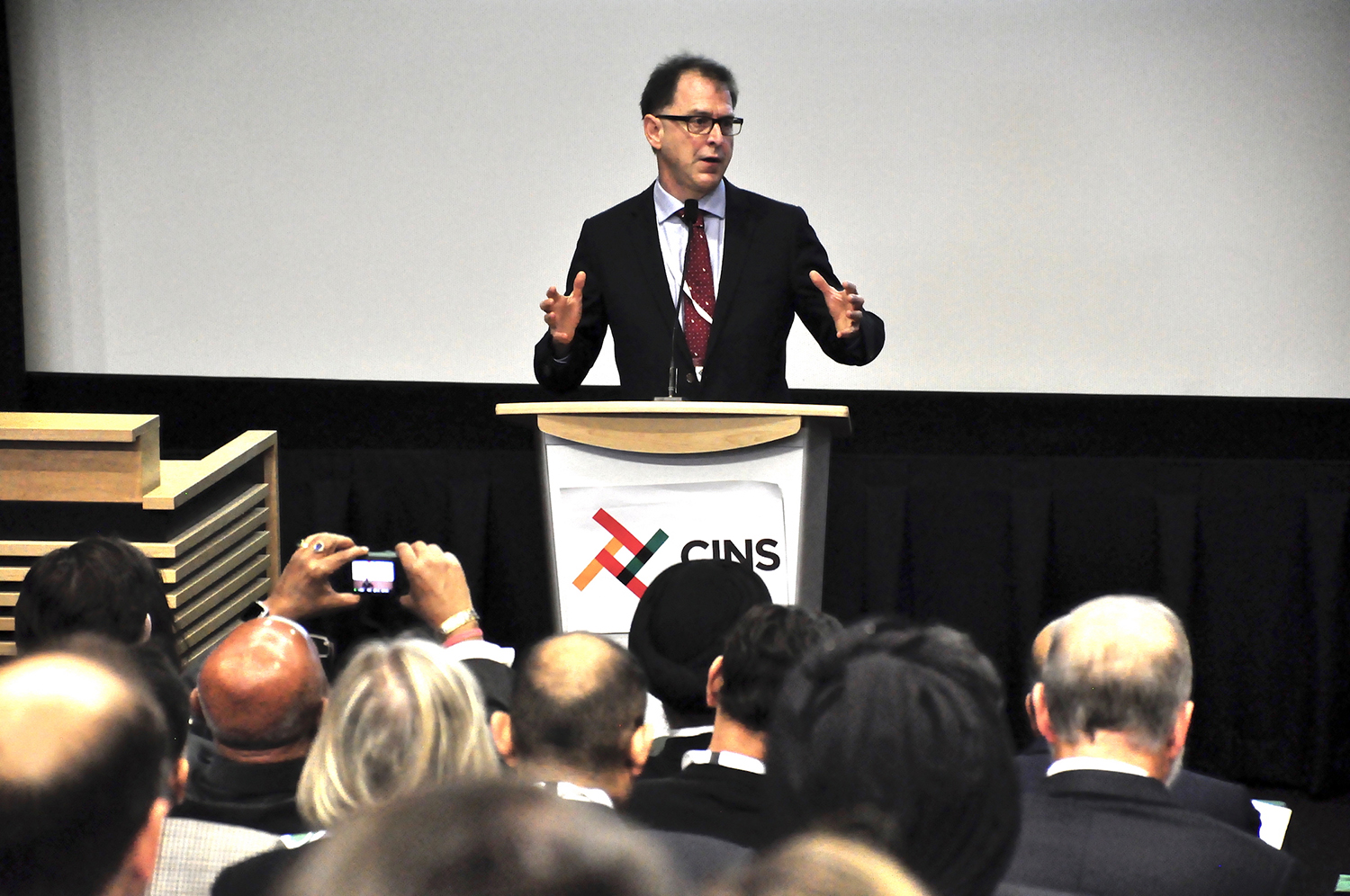
The mood of the conference started to shift from waging a war on Diabetes on one end of the spectrum to making peace with the Mind on the other. Mental Illness, the silent killer of modern times definitely emerged as the hottest topic of the conference. The discussion enlivened the participants, audience and Fraser Health and government officials as the presentation on substance abuse and related disorders by Dr. Nitasha Puri touched on about the need for immediate action in prevention and cure of the crisis. Her work with Roshni clinic,. Presentation by Dr. Suman Kollipara focused on alternative and integrated approaches like Meditation and Self-Empowerment tools in the prevention of Mental Illness through a vision of "Educate, Experience, Enlighten" drew a lot of attention as a way to not only prevent Mental Illness but as therapeutic intervention in healing many aspects of the illness.
The session about the Public Health approaches to Palliative Care in India and BC with regards to the work done by Two Worlds Cancer Collaboration was presented by Drs. Doris Barwich and Gillian Fyles and the discussions were facilitated by Dr. Simon Sutcliffe. The importance of palliative care cannot be ignored within a world in which cases of cancer are on a rise and are impacting every single family in one way or another. Kudos to the advocates like those who selflessly have been steering palliative care at the grassroots level across the globe, especially for the needy who cannot afford terminal care in the complex treatment of Cancer.
The sessions on Leadership in Health triggered stimulating discussions from all participants with eminent speakers like Drs Arvind Lal, Anupam Sibal, and Robert Woollard who brought decades of their experience to shedding light on the need for better practices in health care on all levels. The need for empowering physicians was presented through a very scientific LEADS framework which emphasizes the simple principles of Lead Self, Engage Others, Achieve Results, Develop Coalition, and Systems Transformation. It is interesting and important to note that CINI embody these 5 principle foundations of leadership in their work in building a healthy civil society. They have become the founding principles in the success of the vision and mission of CINI’s work with the community across the multicultural and multidimensional landscape.
The third day of the conference brought immense variety to the table with two major sessions on integrative medicine and health as well as technology and innovation in the health industry. With the advent of modernization and innovation, human lifestyles have taken many twists and turns in the past century. Even though modern medicine has been able to help humanity in dealing with many infectious diseases as well as with critical care, its role has been limited in terms of the prevention and care of non communicable diseases.
In the last two decades there has been an eruption of lifestyle diseases, which, to a certain extent, have gotten out of control. The damage can be contained and very well be prevented and cured with wisdom from ancient times. Traditional Chinese Medicine (TCM), Ayurveda, Yoga and Aboriginal Medicine can all play a huge role in not only bridging the gap in treatment and prevention of these illness, but also bringing to light these ancient forms of healing that have stood the test of time. The Integrative Medicine and Health presentation had an amazing line up of speakers from medical professionals, research scientists to TCM and yoga practitioners who not only reflected on their own personal journeys but also on those of patients who they work with daily basis. The presentations included: the importance of integrative medicine in the prevention of dementia, supportive cancer care, food as medicine, TCM, Aboriginal medicine and Integrated Yoga Therapy by experts in these areas. The message is clear that it’s time to integrate these practices with the critical care provided in hospitals and clinics to help people make the right choices when it comes to taking charge of their wellness.
The session on Technology and Innovation definitely gave a kick to the end of the conference where there were presentations about Artificial Intelligence in Health Care, Taking Action Against Tuberculosis, The Role of Technology in access to Health Information, Mobile technologies as well as using Neuroethology in Youth Depression and Addiction. The discussions around these topics brought into limelight the need for integrating innovation and technology into Health care for efficient and elegant health systems that can deliver quality care. These presentations made it evident that there is no escape from technology, but they also identified ways to marry health care with technology together so that there is a seamless integration of the two resulting in faster and better services end to end.
There were also two round tables that happened around the Technology and Integrative Medicine. Both the roundtables were focused on identifying research opportunities between India and Canada in building bridges for incorporation of modern innovation on one side and ancient technology on the other side. At the end, it was clear that there is no one single path to success, but an amalgamation of various practices, technologies, and mindsets will create a collaborative platform for people with different perspectives to come together and work in unison for building a robust future. This approach will benefit generations to come.
CINI 2018 is a reflection of the strength in unity in spite of the diversity in beliefs, cultures, and ideas. The biggest take away from the conference is a clear hope that when minds are clear, hearts are open, miracles can happen, and there is no greater miracle than the conviction of creating a Healthy Civil Society. Heartfelt thanks to every single individual, volunteer, sponsor who has worked tirelessly to make this conference a mega success bridging the two nations and a billion hearts into one.

